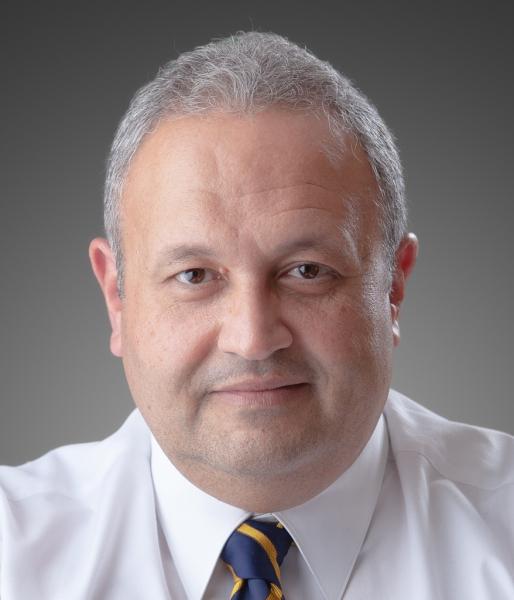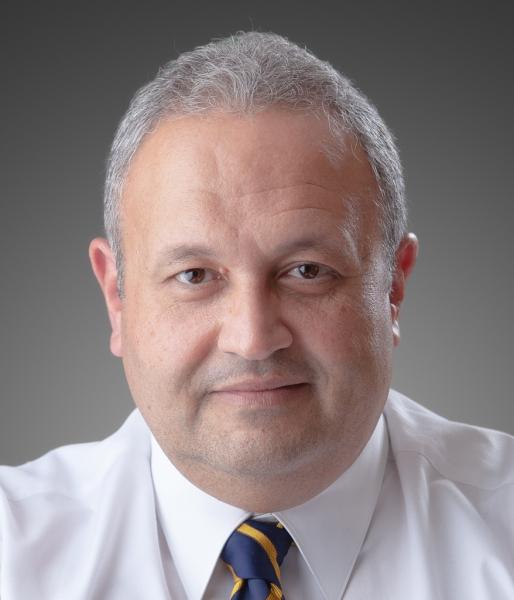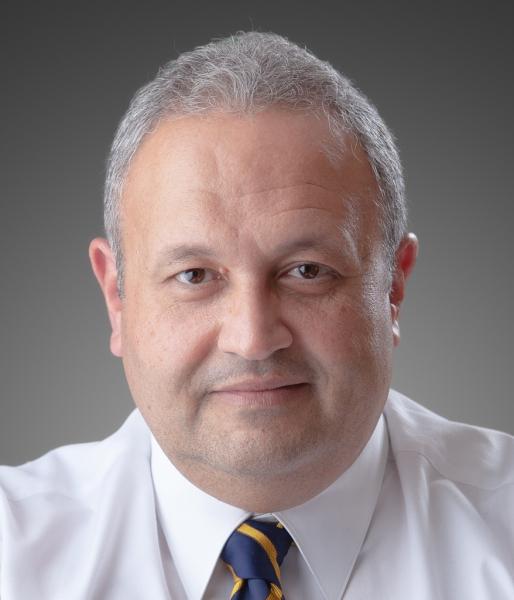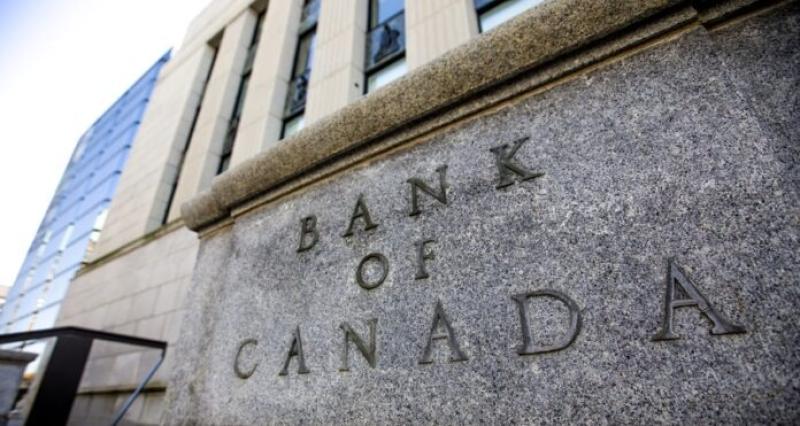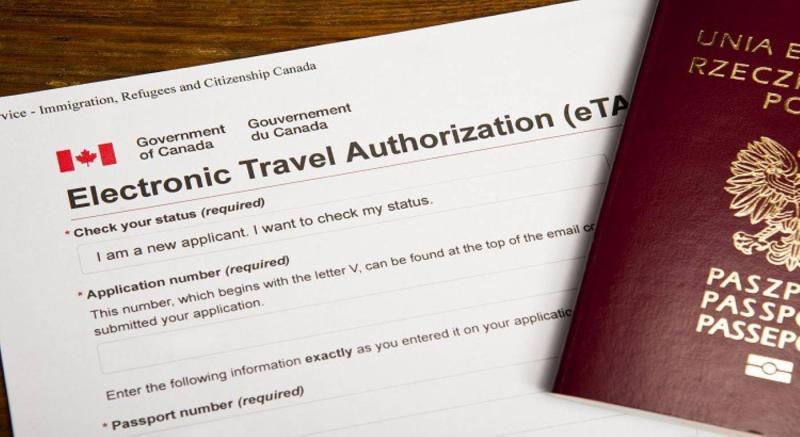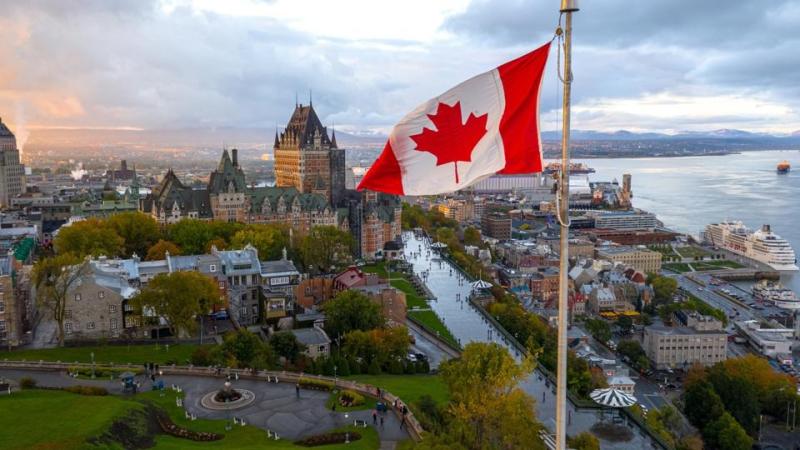The Betrayal, How Politicians Lose Their Social Responsibility

In the world of politics, we often witness an unfortunate and seemingly inevitable shift; politicians who rise to power on promises of change, equality, and justice usually find themselves detached from the ideals that brought them into office.
As their journey through the political aspiration progresses, their commitment to social responsibility fades, replaced by a growing obsession with power, self-preservation, and ambition. This betrayal of people’s hopes and dreams is not new. In fact, history is filled with examples of how revolutions, initially fought in the name of human rights and freedom, shifted into systems of tyranny and oppression.
One of the most notable examples of this shift is the French Revolution 1789. What began as a powerful movement to overthrow a corrupt monarchy and end centuries of feudal oppression soon diverged into a reign of terror.
The revolutionaries, who once championed liberty, equality, and fraternity, quickly turned to internal power struggles, which led to mass executions, fear, and dictatorship under figures like Maximilien Robespierre.
The ideals of democracy and human rights were buried under the guillotine’s blade, as those who once fought for the people’s liberation became leaders of repression. Instead of the dawn of a free and just society, the revolution birthed a new form of tyranny.
This historical parallel is not far from the political reality of today. Politicians campaign with promises to uplift the ordinary citizen, address inequality, and champion the values of democracy. Yet, as they climb the ladder of power, many abandon these commitments, prioritizing personal and political gain over the public good.
The modern shift in the political, and moral compass no longer results in mass executions. Still, it does lead to widespread despair, frustration, and the loss of faith in the political system.
Glowing promises of reform and renewal become empty rhetoric, and the real issues facing the people—such as economic recession, access to adequate healthcare, and the erosion of civil liberties—are left unresolved.
The idealism that politicians once claimed to represent fades into a fog of corruption, corporate influence, and partisan gamesmanship.
This breach of trust fuels growing distrust, where citizens no longer feel their voices matter or that their governments serve them. Instead of hope, frustration, and resentment flourish. In the absence of genuine political reform, this despair grows, leading many to feel that their lives lack direction and meaning.
When people lose faith in their leaders, they lose faith in the system itself. We are left with a society that feels powerless, a feeling that becomes more pronounced as the very leaders who are meant to guide and inspire shift further into detachment, ignoring the growing voices of dissent.
The result is the destruction of hope—an outcome far less violent than in past revolutions but no less devastating to the human spirit. Both politicians and citizens are responsible for fighting against this moral drift, holding leaders accountable, and demanding a return to the principles that elevate society. Otherwise, we risk repeating the failures of history, where the darker forces of ambition and self-interest replace ideals.



